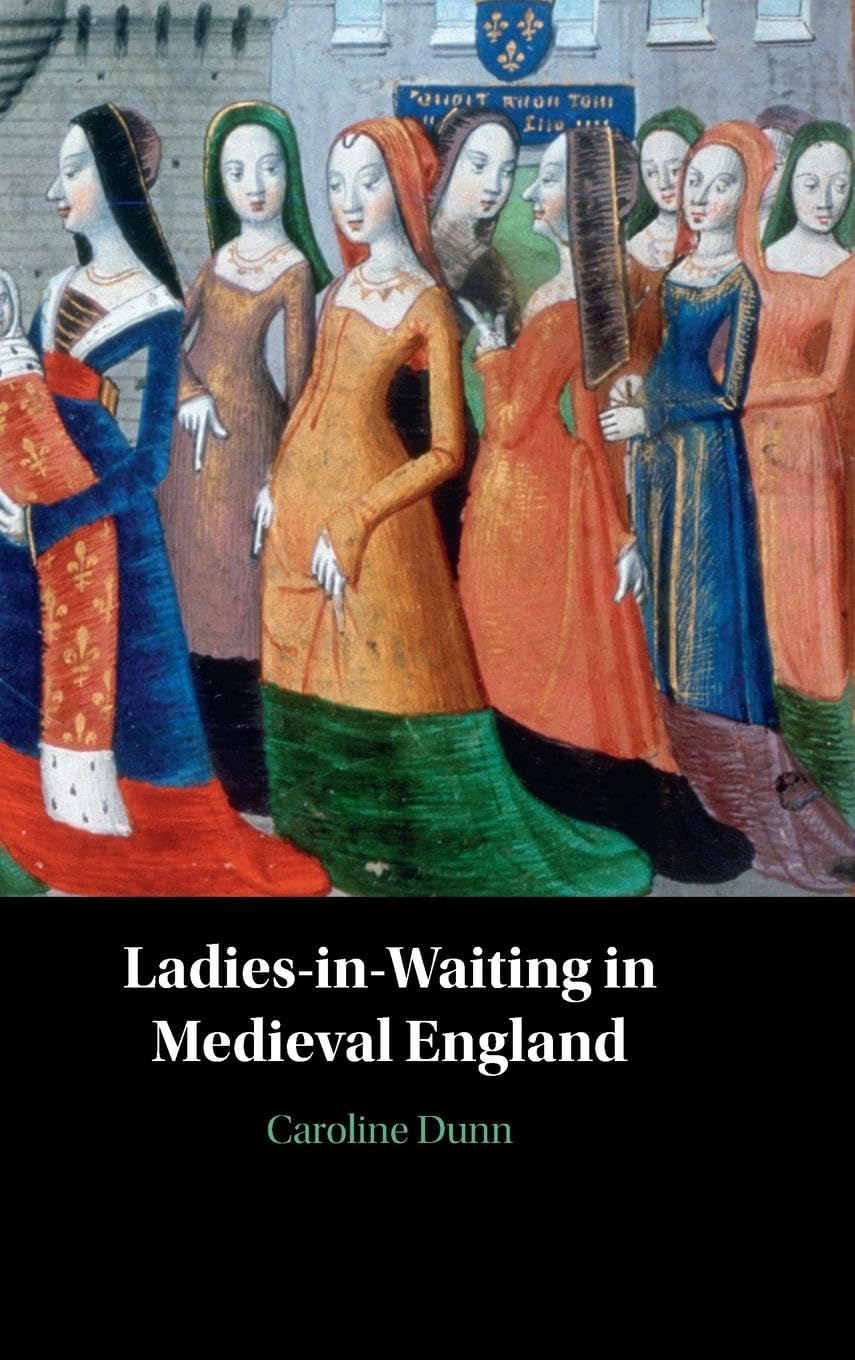The Department of History and Geography is pleased to welcome three new faculty to our department this year!
Dr. Camden Burd
Dr. Burd comes to Clemson from Eastern Illinois University. He is a historian specializing in nineteenth and twentieth-century US history, with a particular focus on the intertwined histories of American capitalism and environmental change. His forthcoming book, The Roots of Flower City: Horticulture, Empire, and the Remaking of Rochester, New York, is set to be published by Cornell University Press in Fall 2024. The book examines how a network of plant nurserymen in Western New York connected their businesses to the broader American imperial project of the nineteenth century, using their social prestige and capital to reshape Rochester according to their vision.
Dr. Burd is also engaged in various digital methodologies, including TEI and Digital Mapping, to explore source material in innovative ways and disseminate information to wider audiences. Before joining Clemson University, he served as an Assistant Professor of History at Eastern Illinois University and was an Andrew W. Mellon Postdoctoral Research Fellow at the New York Botanical Garden. His research has been supported by numerous organizations and institutions, including the Newberry Library, the American Antiquarian Society, and the Andrew W. Mellon Foundation.
Dr. Burd will teach classes on digital, U.S., and environmental history.
Dr. Austin Steelman
Professor Steelman is a historian of twentieth-century America with specializations in the legal and political history of American conservatism and evangelicalism. His current book project, Paper Gods: The Bible, the Constitution, and the Evangelical Revolt Against Modernity, 1923-1986, examines the connections between the theological doctrine of biblical inerrancy and the legal theory of constitutional originalism. Relying on archives from across the United States, he looks at the intellectual importance of these two text-based ideologies to the formation, spread, and influence of the evangelical right beginning in the 20th century and continuing to today. Prior to graduating from Stanford, Professor Steelman attended Harvard Law School and worked for two years as an intellectual property litigator.
Dr. Steelman will teach courses on American legal history and US history. He contributes to the department’s growing Legal History Emphasis Area.
Dr. Li-Chih Hsu
Dr. Hsu’s research focuses on Biogeography and Biogeomorphology, utilizing Geospatial analysis to investigate coastal landscape dynamics in the context of climate change. He specializes in barrier dune topographies and mangrove dynamics, offering insights into coastal resilience and protection.
Dr. Hsu received his Ph.D. from the University of Kentucky. At Clemson he will teach courses on Physical Geography, World Regional Geography, and GIS.













